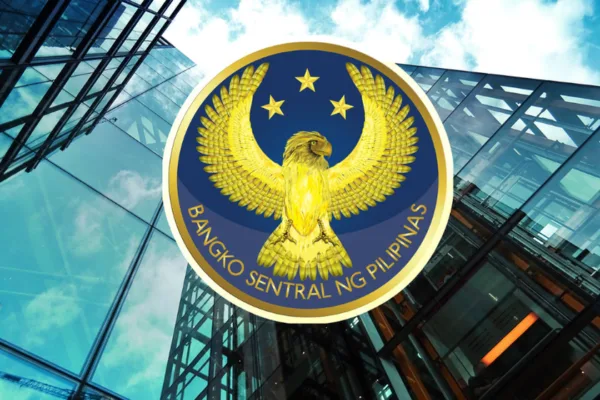by Leira Mananzan, Reporter
For the past decade, blockchain technology has made headlines for powering cryptocurrencies like Bitcoin. But far from the buzz of digital coins and speculative trading, a quieter and arguably more transformative blockchain revolution is underway in the Philippines, specifically in the fields of supply chain finance, trade finance, and asset tokenization.

In boardrooms and warehouses from Manila to Davao, Filipino businesses are starting to harness blockchain not as an investment fad, but as a practical tool to solve pain points that have long been embedded in the country’s trading and logistics landscape.
This evolution signals a major shift: chain of blocks is becoming an invisible but foundational part of how goods, payments, and data move across domestic and international borders.
Beyond crypto: What Blockchain means for supply chain finance
Supply chain finance in the Philippines has long been ripe for disruption. Legacy systems often rely on a patchwork of paper-based contracts, delayed invoices, and manual audit processes vulnerable to fraud, human error, and unnecessary costs.

Blockchain offers a solution by acting as a shared, immutable ledger accessible to all authorized parties in the supply chain. Here’s how:
- Fraud reduction and transparency: Blockchain acts as a shared, immutable ledger accessible to all supply chain parties, making records tamper-resistant and verifying every step (shipment, payment, cargo status) in real time.
- Operational efficiency: Smart contracts — self-executing contractual rules coded directly onto the blockchain — automate the release of payments, orders, or customs declarations once agreed-upon conditions are met.
Real-world impact: Philippine case studies
In Metro Manila, blockchain is emerging in agri‑food logistics.
A recent study in the Philippine onion supply chain shows that distributed‑ledger systems — connecting farmers, transporters, and distributors — enhance traceability and transparency, helping reduce losses and billing errors.
Meanwhile, local banks like UnionBank have piloted blockchain‑based trade‑finance and remittance systems. In June 2019, UnionBank partnered with Singapore’s OCBC Bank and used Adhara and UBX’s i2i platforms to send tokenized fiat (PHX) to rural banks such as Cantilan Bank.
This real‑time, lower‑cost model is helping SMEs and underserved communities access credit and payments more efficiently
Streamlining cross-border transactions

International trade — a lifeblood of the Philippine economy — has benefited from blockchain’s capacity to streamline cross-border payments and document exchange. Using conventional systems, a single export transaction can require vetting and transmitting multiple paper documents between six or more institutions, often taking over a week.
With blockchain, encrypted trade documents are shared instantly among buyers, sellers, customs agents, and banks. This synchronizes approvals, validates compliance, and triggers payments automatically via smart contracts. For Filipino exporters, that means faster cash flows, more dependable delivery dates, and fewer headaches from lost paperwork or fraud attempts.
Asset tokenization: Unlocking new paths to growth
One of the most promising frontiers for blockchain in the Philippines is asset tokenization — the process of converting ownership of physical assets (such as warehouse receipts, inventory, or real estate) into digital tokens on a blockchain.
- Why does this matter? Small businesses can use tokenized assets as collateral to access working capital, bypassing traditional barriers to financing.
- Regulatory support: The Bangko Sentral ng Pilipinas (BSP) is actively consulting with industry players to set best practices and ensure that these innovations remain secure and inclusive.
Challenges on the road ahead
Despite these advances, significant challenges persist. Not all businesses are equipped to adopt blockchain systems overnight due to cost, skills gaps, or interoperability concerns with legacy IT. Data privacy, legal frameworks, and public awareness also require ongoing attention from both government and industry stakeholders.
Nonetheless, thought leaders and policymakers are optimistic. As recently noted in a major business forum, the Philippine blockchain economy is being shaped “not only by cutting-edge technology but also by forward-thinking policies and a spirit of collaboration among fintechs, banks, and regulators.”
Outlook: Quiet revolution, lasting impact
While headlines about cryptocurrencies often overshadow other use cases, the true revolution of blockchain in the Philippines is unfolding behind the scenes — in trade documents, inventory ledgers, and smart contracts that power real-world commerce.
For Filipino enterprises, the message is clear: blockchain isn’t just about Bitcoin — it’s about building a more transparent, secure, and efficient future for supply chain finance.








